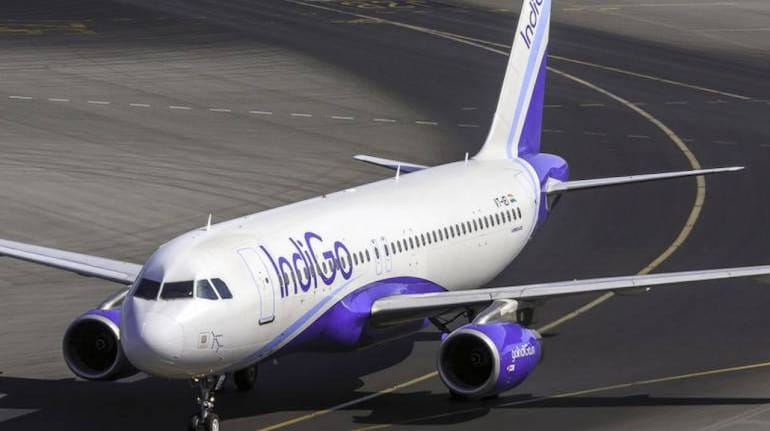



Ameya Joshi
The past few weeks have brought a relentless stream of bad news for the airline industry. One after another, countries are imposing restrictions to avoid the spread of COVID19 – which is now declared a pandemic by the World Health Organization (WHO).
Airfares have started plummeting, flight schedules are being curtailed and airlines are looking at ways to tide over this crisis while continuing to stay afloat. Both airlines and airports are looking at the government to give temporary relief to tide over the crisis. However, one has to look at the requests in two ways. One, where the industry gets immediate relief and two, where there is a long-term impact and structural changes in the system.
A case in point is of airlines requesting for permission for direct import of oil when oil was at its peak. When the permissions were granted, oil prices had tapered and the airlines also found it difficult to manage the direct import and subsequent transport to airports. The demand of inclusion of Aviation Turbine Fuel (ATF) under GST is an old one but something which cannot be implemented immediately, thanks to the process and the number of stakeholders involved.
Yet, here is a list of five things which can give “immediate” relief to airlines.
While it is uncertain on where the traffic would be in current situation, the government can suspend adherence to RDG to let airlines operate flights where there is demand and not worry about anything else. It is now certain that all airlines are headed for massive losses and to operate to any route by force is not something that any airline would want to do.
In 2019, the Indian government came up with new rules to allocate slots vacated by Jet Airways. The government linked capacity addition to granting of slots, with few airlines losing slots when they weren’t able to add capacity in stipulated time. With airlines likely to downsize, one wonders if the government will have a different yardstick.
Prices of ATF can be revised on a weekly basis to pass on the benefits of lower prices to the airlines at the earliest, which will give immediate relief to the airlines.
Till airlines come up with a response, ground planes, reduce flights and reduce the ATF intake and get adjusted to the new levels of cash flow, an immediate relief of moving the credit period from 15 days to 45 days or 60 days will help the airlines tide over the next two weeks effectively.
In times like these, it is important that this additional expenditure is put on hold while airlines focus to rationalize the routes, fleet and look at the spike in costs due to sudden drop in fliers.
This is a time when the industry, regulator and government have to look at new ways. Indeed, this is unprecedented and hence it is fair to not be prepared for this but this is the right time for structural changes. While currently people have money to fly, clearly the health emergency is keeping them away. A longer duration of closure will lead to a wider impact on the economy with possible job losses across sectors. When the world and India recovers from the impact of coronavirus, the impact of job losses and wider economic slowdown will be felt. Airlines could be in this cycle for a longer term than anticipated and unfortunately, all of them may not make it till the end.
[Ameya Joshi is the founder of aviation analysis blog NetworkThoughts. Ameya writes a lot on aviation.]
Discover the latest Business News, Sensex, and Nifty updates. Obtain Personal Finance insights, tax queries, and expert opinions on Moneycontrol or download the Moneycontrol App to stay updated!
Find the best of Al News in one place, specially curated for you every weekend.
Stay on top of the latest tech trends and biggest startup news.